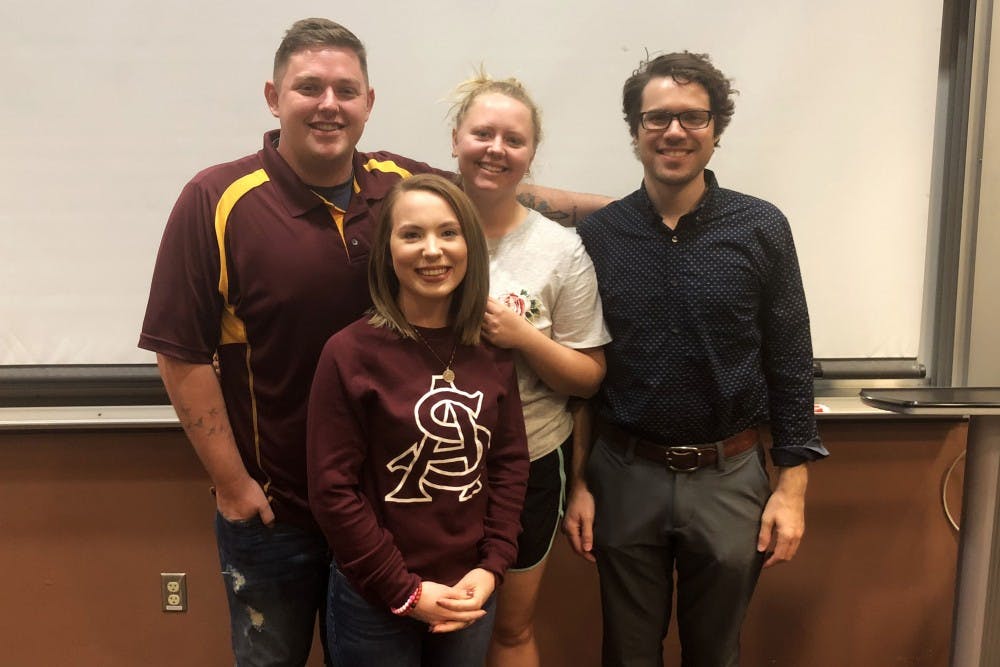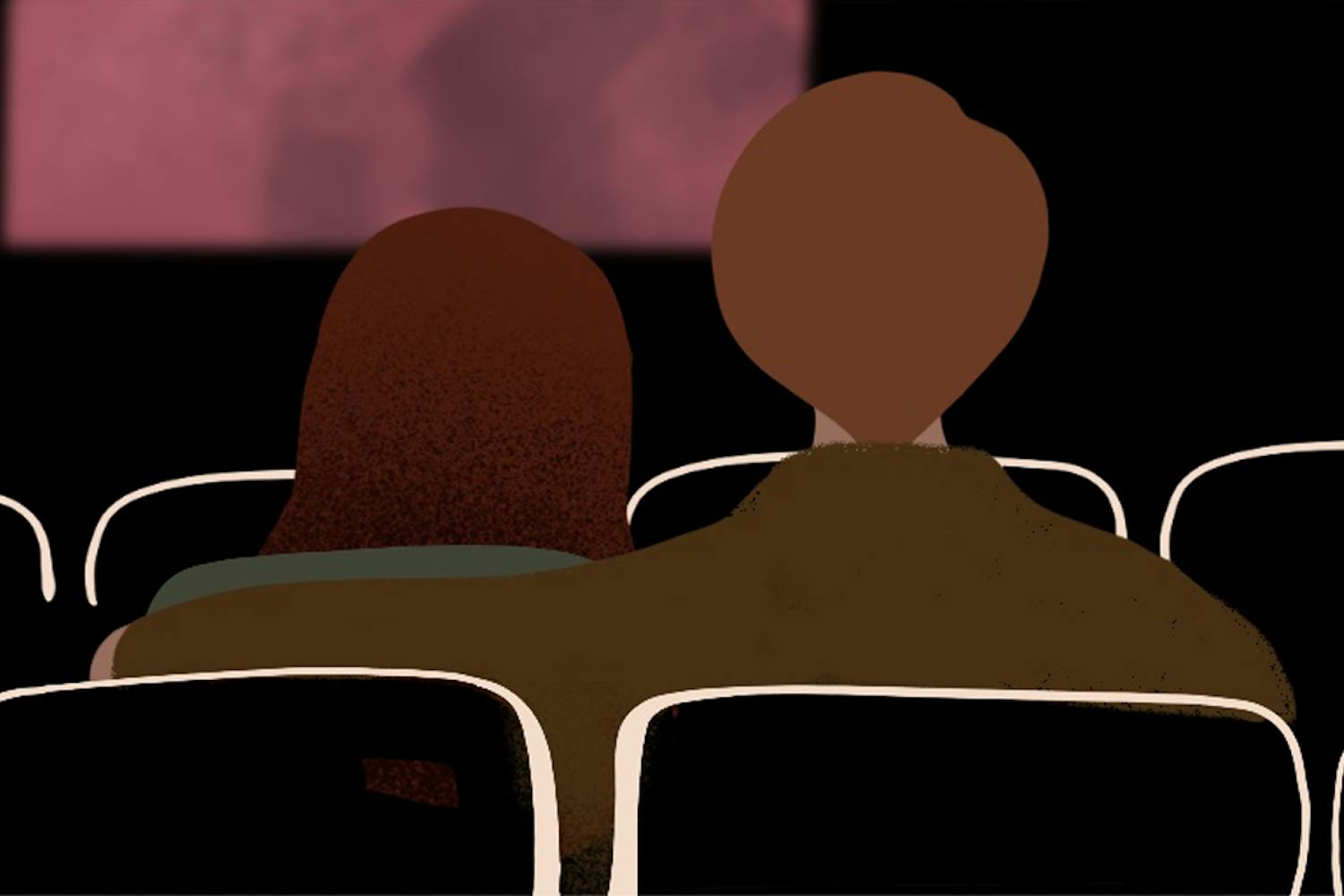A class about HIV and AIDS at ASU provides the sexual education many students do not receive in public schools. All the while, college-aged adults in Arizona have some of the highest rates of HIV among age groups.
The Arizona Department of Health Services released its annual report and found that 20-to-24-year-olds are the second most likely age demographic to contract HIV, with around 28 diagnoses per 100,000 people.
HIV, or human immunodeficiency virus, is most often spread through sexual contact, which left untreated can lead to AIDS, or acquired immune deficiency syndrome. A positive diagnosis of HIV means an individual is a carrier of the virus.
The 20-to-24 age group made up 17.6 percent of total HIV cases in the state for 2016, according to the DHS report.
Officials said there is no easy explanation for why HIV is so prevalent in younger demographics relative to other age groups, but it may be the lack of sex education in high school or the younger generation becoming increasingly unaware of the risks today.
Glen Spencer, the executive director of Aunt Rita’s Foundation, a local AIDS nonprofit, said HIV awareness needs to focus on high-risk groups such as youth and minorities.
He said younger adults are testing positive for HIV at a disproportionate rate due to “complacency and lack of information.”
A lack of standardized and comprehensive sexual health education in Arizona and risky sexual behavior associated with younger adults is the root cause for this aspect of the HIV issue, Spencer said.
“Kids graduate from high school without a comprehensive understanding of how to protect themselves sexually,” Spencer said.
Sexual health curriculum standards are nonexistent in Arizona due to the lack of a state law requiring “scientifically accurate sex education,” Tayler Tucker, a Planned Parenthood spokesperson, said.
Out of 176 school districts in Arizona, 152 of the districts teach either no sexual health education or abstinence-only sex education, Spencer said.
ASU has been involved in AIDS awareness with clubs like the International Alliance for the Prevention of AIDS and Devils Aware. Additionally, an HIV and AIDS class, which has been taught for more than 25 years, has helped students learn about the issue.
Damien Salamone, the professor of the class and a faculty associate in the School of Life Sciences, said the class began when gay rights activist Cleve Jones was diagnosed with HIV.
Jones founded the AIDS memorial quilt project during the HIV epidemic of the 1980s. The project honors those who died from AIDS by having a quilt panel dedicated to them by their families.
According to the AIDS memorial quilt project website, the first display covered the entire space of National Mall in Washington D.C., and it has traveled across the world since.
Jones’s father, Austin Jones, was a faculty member in ASU’s psychology department and began the class as an effort for a better understanding of the HIV epidemic in the United States, Salamone said.
Salamone said his spring semester class touches on topics such as HIV/AIDS and public health in sub-Saharan Africa. Some students travel to Africa to work with HEAL international and collaborate with Tanzanian students to help find a solution for community health issues, he said.
“Those students, their lives are forever changed,” Salamone said. “I haven’t had a single student that’s come back from East Africa who didn’t say ‘this has changed my life forever.’”
He said many of his students have become medical doctors and human rights lawyers.
“We have had extraordinary people who have taken this class and who’ve gone on to do incredible things,” Salamone said.
Penelope Roach, a microbiology junior, said the guest lecturers in the class who talk about their HIV diagnoses have given her a personal connection to the issue.
“Before this class, I have never met someone with HIV, and it’s an eye-opener,” Roach said. “You see that they’re real people with real feelings.”
Reach the reporters at kbenalli@asu.edu and tbrown45@asu.edu or follow @KalleBenallie and @taylerbrown19 on Twitter.
Like State Press on Facebook and follow @statepresss on Twitter.




